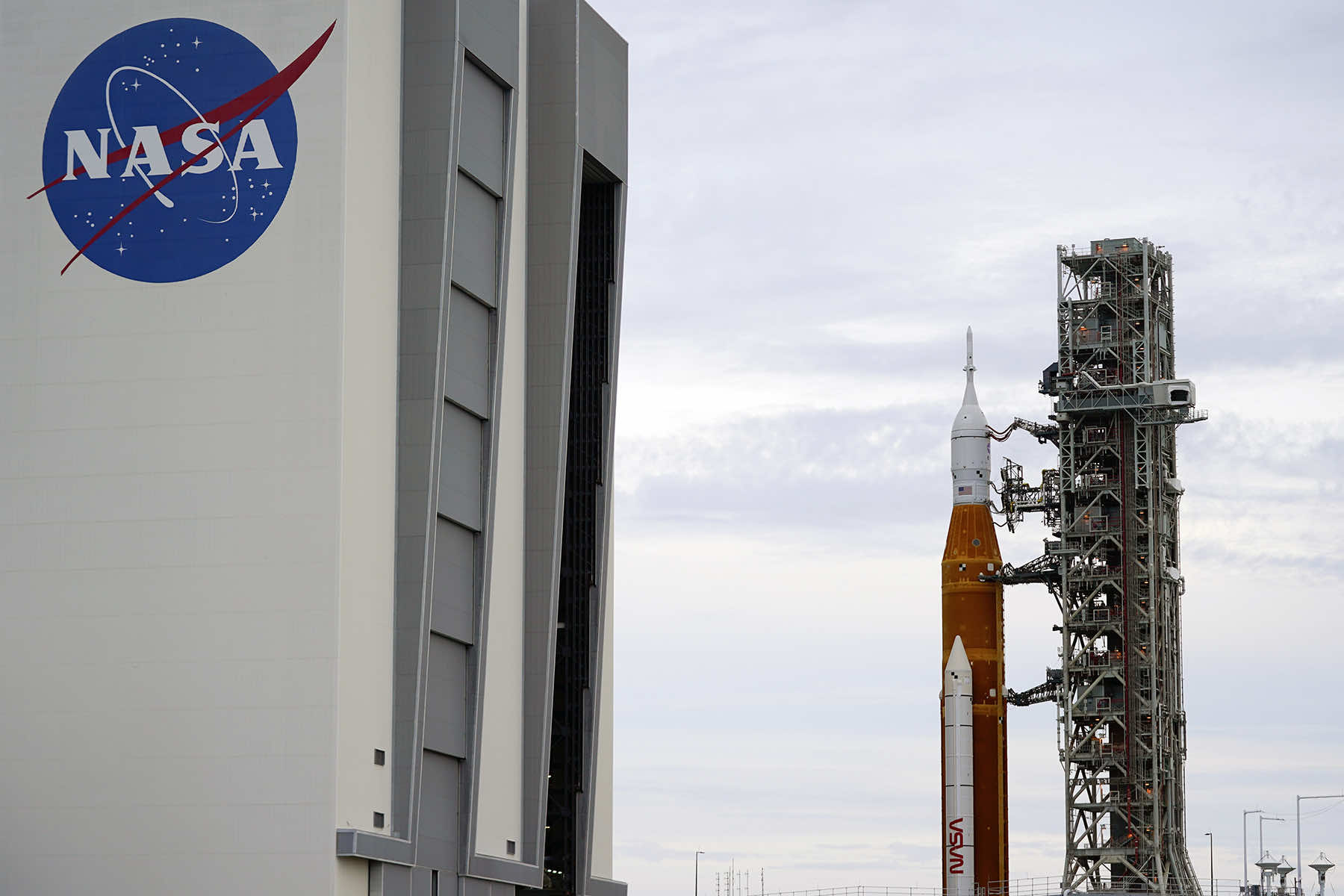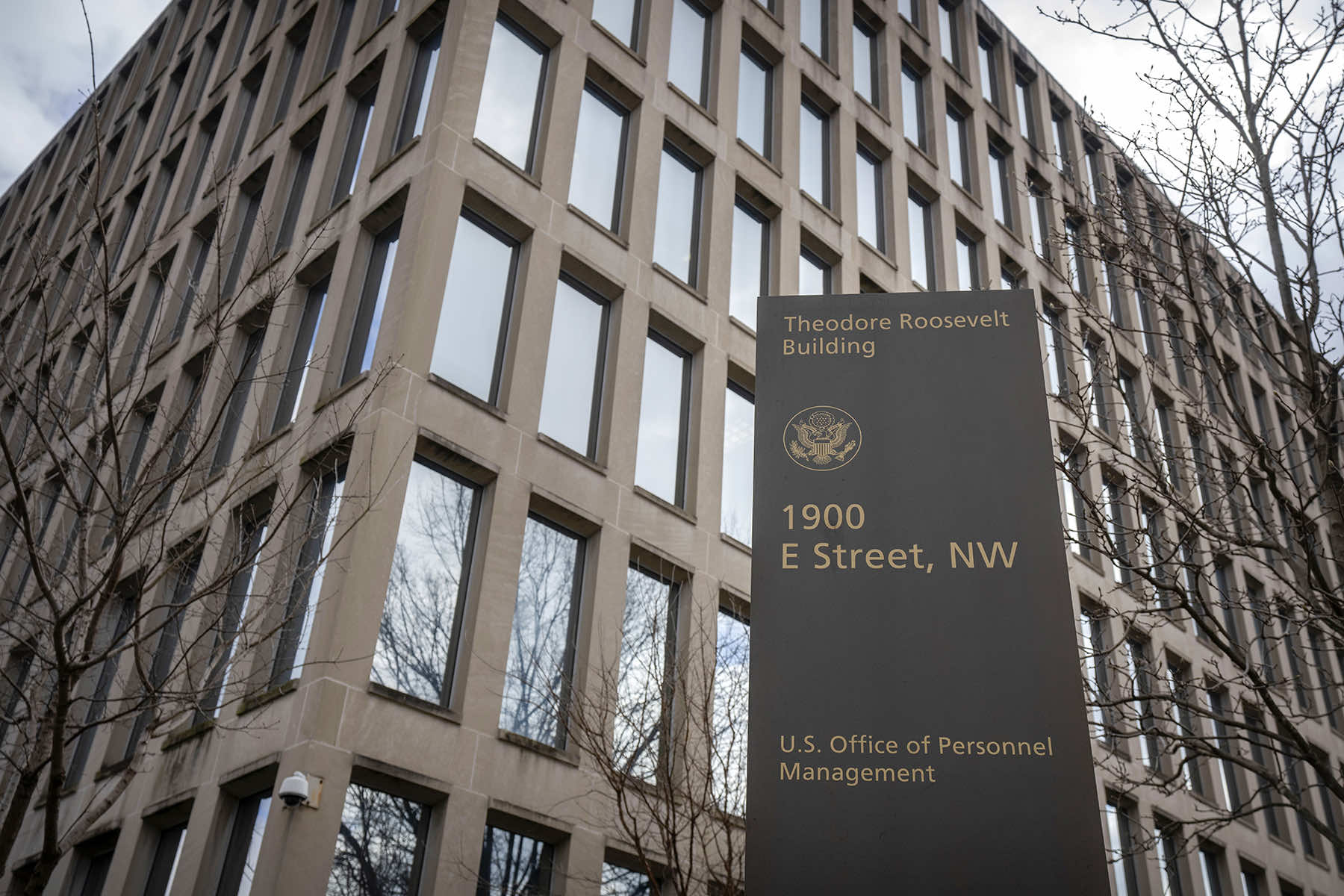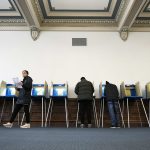
Exploring the cosmos makes for happy employees, federal workers like to work from home like everyone else, and an agency that has struggled with low morale is showing improvement.
Those were some of the highlights of a survey released in May of more than a million federal workers.
In a city that revolves around the federal government, the annual Best Places to Work survey is a closely watched annual event worthy of bragging rights — provided you were one of the agencies such as NASA or the Government Accountability Office that topped the survey.
The survey used information from the Office of Personnel Management’s Federal Employee Viewpoint Survey and was produced by the Partnership for Public Service and the Boston Consulting Group.
It covered 532 federal agencies including 17 large agencies, 26 midsize agencies, 30 small agencies and 459 subcomponents. The rankings first came out in 2003, and agencies that do well are known to post the results on their websites.
NASA has held the top spot for 12 years, a fact that the agency touted on its website as the agency’s administrator, Bill Nelson, praised the staff as a “team of wizards.”
NASA topped the list of large agencies, while the Government Accountability Office — often called the “congressional watchdog” because they examine how government money is spent — topped the list of mid-size agencies. The National Indian Gaming Commission, making its first appearance on the survey, was first among small agencies.
On the opposite end of the scale, the Social Security Administration remained in last place among the 17 large agencies. Scores for the Department of State and the U.S. Agency for International Development declined for the second year in a row putting them near the bottom in their respective categories.
The Export-Import Bank of the United States was at the bottom of the small agencies category while the Federal Bureau of Prisons, with a score of 38.1 out 100, was at the bottom of the subcomponents list.
The survey measures job satisfaction and engagement on a scale of zero to 100. The survey found that overall job satisfaction and engagement across the federal workforce ticked up a bit to 65.7; that’s a 2.3-point increase over 2022’s figures.
Among large agencies, the Department of Homeland Security saw the most improvement. The department is the third largest in the federal government with roughly 260,000 employees who do everything from respond to natural disasters to patrol the border with Mexico. Created in the wake of the Sept. 11, 2001 terrorist attack, it’s often struggled with morale problems.
The survey did not specify what the agency had done to climb in the rankings but one answer could be found on the Reddit subgroup for federal employees.
The agency’s leader, Secretary Alejandro Mayorkas, may go down in history as only the second Cabinet member to be impeached over Republican anger at his role in immigration but among the agency’s vast workforce, he has sometimes referred to as St. Mayorkas for his liberal time-off policies. Under his watch, the frontline workforce at the Transportation Security Administration has also received significant pay raises.
In a key post-pandemic development, telework is proving to be as popular with federal government workers as it is among the private sector. Federal employees who teleworked full-time registered the highest scores — 74.6 out of 100 — compared to others who worked at headquarters or field offices.
The data shows that nearly 54% of federal employees have a hybrid work schedule while 14% telework full-time. About 32% go into their job site daily. Those figures are largely the same as in 2022.















